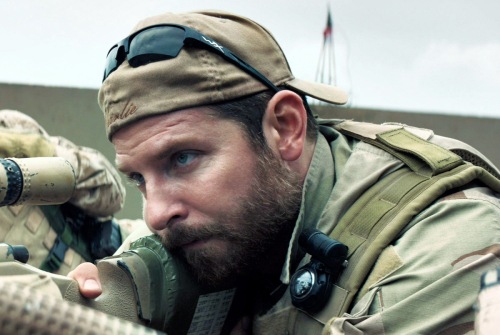“The Apostle Paul,” by Rembrandt van Rijn
 Many times I heard it said that in the early days of the Christian church, it was of one accord, sharing all things in common, united by the Holy Spirit. Certainly this is the view of the church we get from the Book of Acts, which emphasizes the theme of unity through the Holy Spirit:
Many times I heard it said that in the early days of the Christian church, it was of one accord, sharing all things in common, united by the Holy Spirit. Certainly this is the view of the church we get from the Book of Acts, which emphasizes the theme of unity through the Holy Spirit:
And they, continuing daily with one accord in the temple, and breaking bread from house to house, did eat their meat with gladness and singleness of heart, Praising God, and having favour with all the people. (Acts 2:46-47; KJV)
But from Paul’s letters we get a different viewpoint, in which factions and sometimes angry discord can be seen.
In Paul’s letter to the Galatians he speaks of a public argument between himself and Peter over the question of whether Jewish Christians were allowed to eat at the same table with Gentile Christians. And in the letter to the Corinthians, he speaks of factions centered on different leaders.
Now I appeal to you, brothers and sisters, by the name of our Lord Jesus Christ, that all of you be in agreement and that there be no divisions among you, but that you be united in the same mind and the same purpose. For it has been reported to me by Chloe’s people that there are quarrels among you. (I Cor. 1:10-11)
“What I mean,” Paul explains, “is that each of you says, ‘I belong to Paul,’ or ‘I belong to Apollos,’ or ‘I belong to Cephas,’ or ‘I belong to Christ.’” We don’t know a lot about these factions, but we can deduce some things that may interesting.
Peter
Peter, of course, is traditionally known as the chief disciple of Jesus, the one whom Jesus appointed to be the head of the church. But as already mentioned, Peter and Paul fought about whether Jews and Gentiles could eat together.












Recent Comments